The Daniel K. Inouye Asia-Pacific Center for Security recently graduated 28 Fellows from the Transnational Security Course (TSC) 22-2, closing out the Center’s slate of course offerings for the 2022 calendar year. Among the TSC 22-2 participants, five Fellows represented Pacific Island countries, three Fellows represented the U.S. government, and one Fellow represented a non-governmental organization.
From December 4-9, the senior leaders received lectures on crucial security issues in the Indo-Pacific region. DKI APCSS faculty shed light on topics such as the U.S. Indo-Pacific strategy, the rise of China’s Xi Jinping, information security, climate change, and security in the Arctic region. With each lecture, the Fellows found particular benefit from listening to the perspective of their cohorts.
For Patricia Wilson, Head of International Security, Ministry of Defense, United Kingdom, her most significant takeaway from the course was that “small nations matter.”
“This is a dynamic opportunity to engage with senior peers and fellows from across the region,” said Wilson. “To gain holistic views is a wonderful and unique opportunity.”
With five participants representing Pacific Island nations, David Ranz, Senior State Department Advisor, USINDOPACOM, valued an opportunity to listen to leaders from this sub-region.
“The two biggest advantages [of TSC] are the networking and the ability to hear these diverse opinions,” said Ranz.
Tamera Heine, Assistant Secretary of the Bureau of Bilateral Affairs, Marshall Islands, was surprised to hear that many Indo-Pacific countries consider themselves ‘small and developing.’ As climate change continues to pose a significant threat to the people of the Marshall Islands, she found solidarity from Fellows whose countries have also been negatively impacted by climate change
“[Other countries] are going through the same struggles with climate change and experiencing these hardships,” said Heine. “While it may not be sea level rise for them, [other countries] experience drought and population migration. They made me feel like we are not alone and have partners and support from other countries that I didn’t realize we had before.”
On Thursday, the Fellows made an excursion outside the Center to visit U.S. Indo-Pacific Command and met with Admiral John Aquilino, Commander of USINDOPACOM. Eric Castillo, Deputy Director General, National Security Council, Philippines, benefited from discoursing with the INDOPACOM commander. Castillo also serves as an adjunct professor to Filipino business and military leaders. He has often heard doubts about whether the United States would support the Philippines if an opposing nation directly threatened it. For Castillo, the engagement with Aquilino gave him insight that he will bring to his students.
Said Castillo, “I was able to get a real sense of conviction from the American people. The Philippines is a friend to the United States and will always be willing to defend our nation.”
On the first day of the course, Native Hawaiians performed an Oli (Hawaiian chant) to welcome the Fellows to Hawaii. TSC 22-2 took place on the 81st Anniversary of the Attack on Pearl Harbor. The Fellows received a special after-hours tour of the Arizona Memorial led by a historian from the Joint Pearl Harbor-Hickam Community Relations office.
The 28 Fellows came from Bangladesh, Bhutan, Canada, Colombia, Japan, Laos, Malaysia, Maldives, the Republic of Marshall Islands, Federated States of Micronesia, Mongolia, Nepal, New Zealand, India, Pakistan, Palau, Papua New Guinea, Philippines, Sri Lanka, Singapore, Sri Lanka, Taiwan, Thailand, United Kingdom, United States (3), and Vietnam.
DKI APCSS offers TSC twice a year to senior security practitioners from the whole of government and society at the vice-minister, ambassador, and senior military officer (one- to four-star rank) level. It aims to enhance awareness of transnational security issues within the complex environments where they occur; explore collaborative policies to address transnational security challenges; identify opportunities to strengthen states’ capacities; promote effective and accountable security governance.


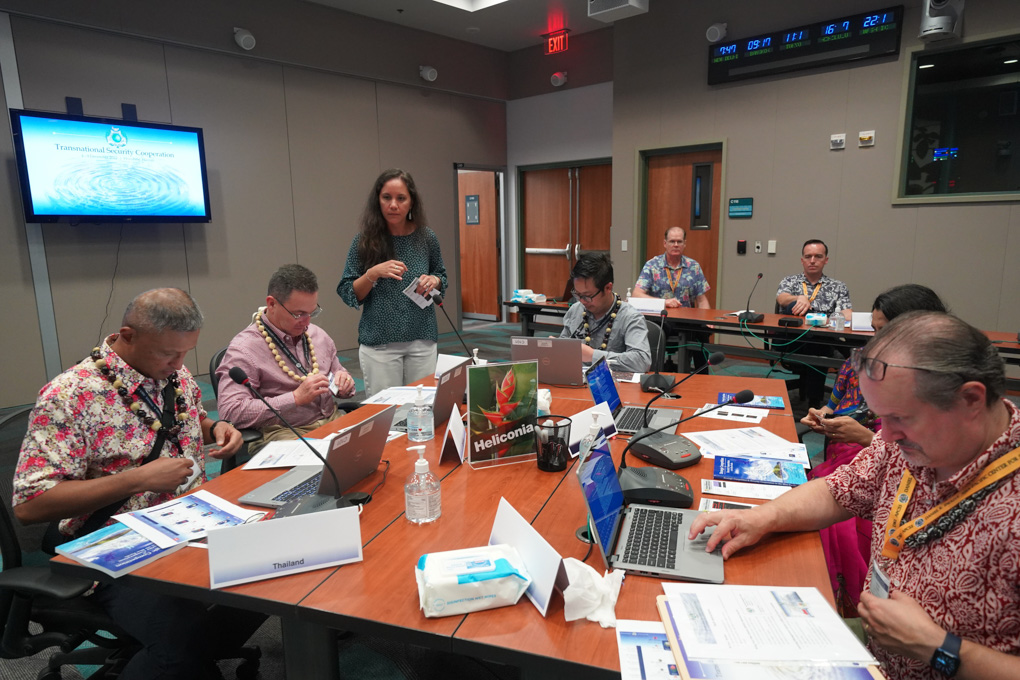
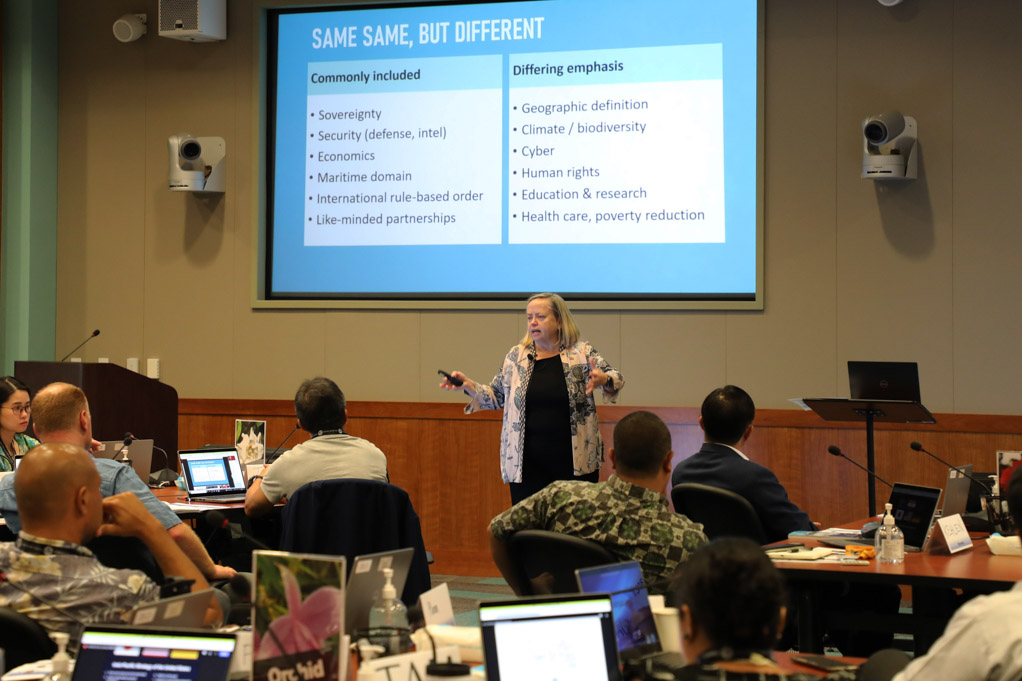
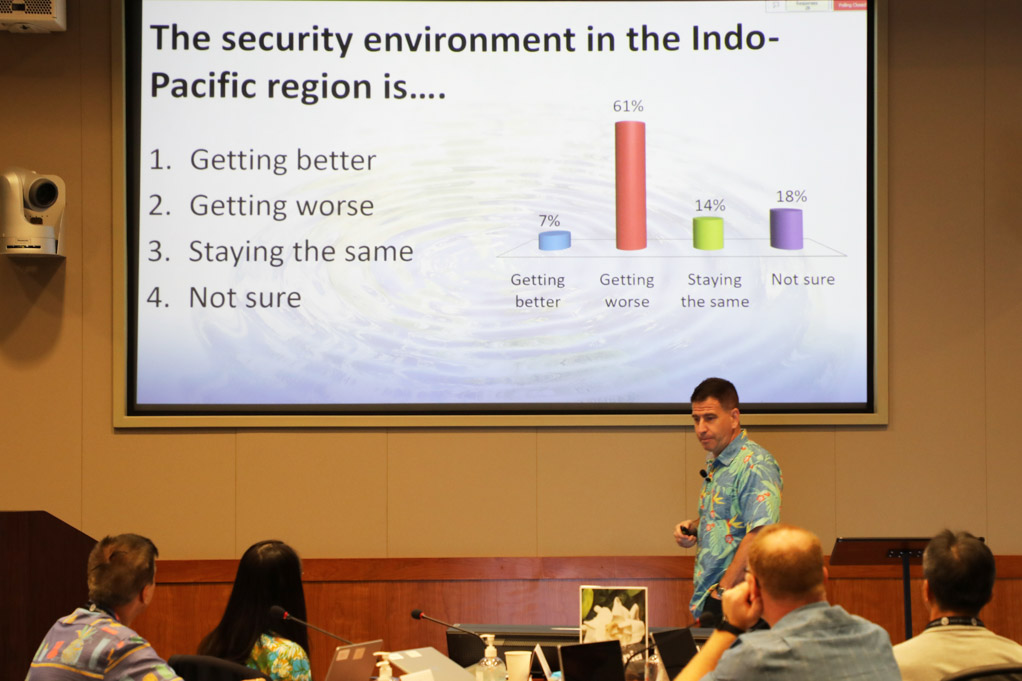
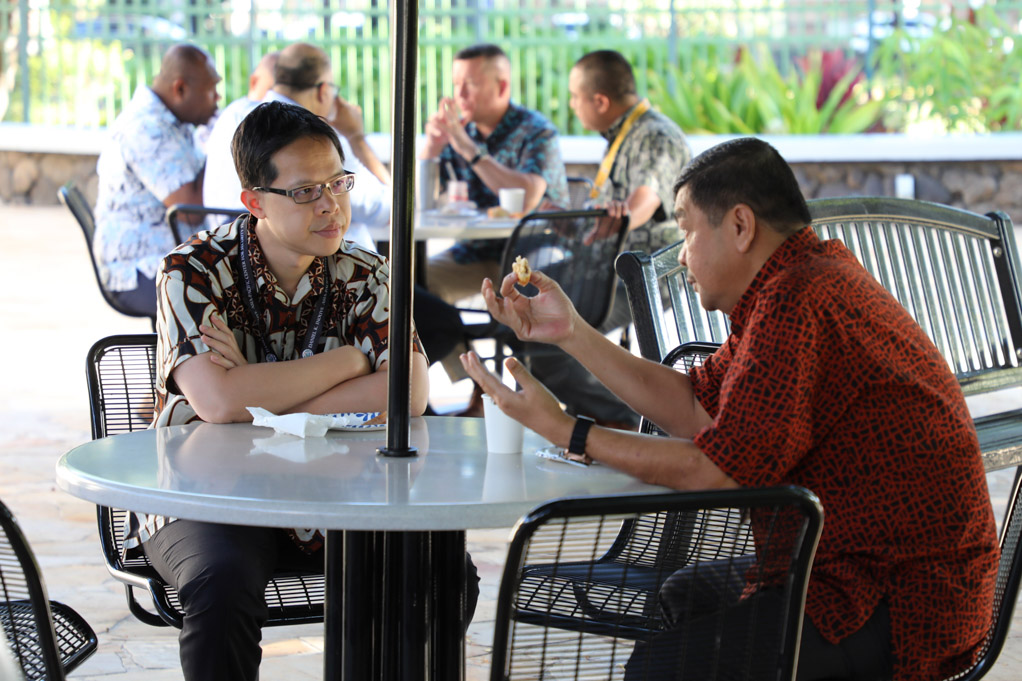
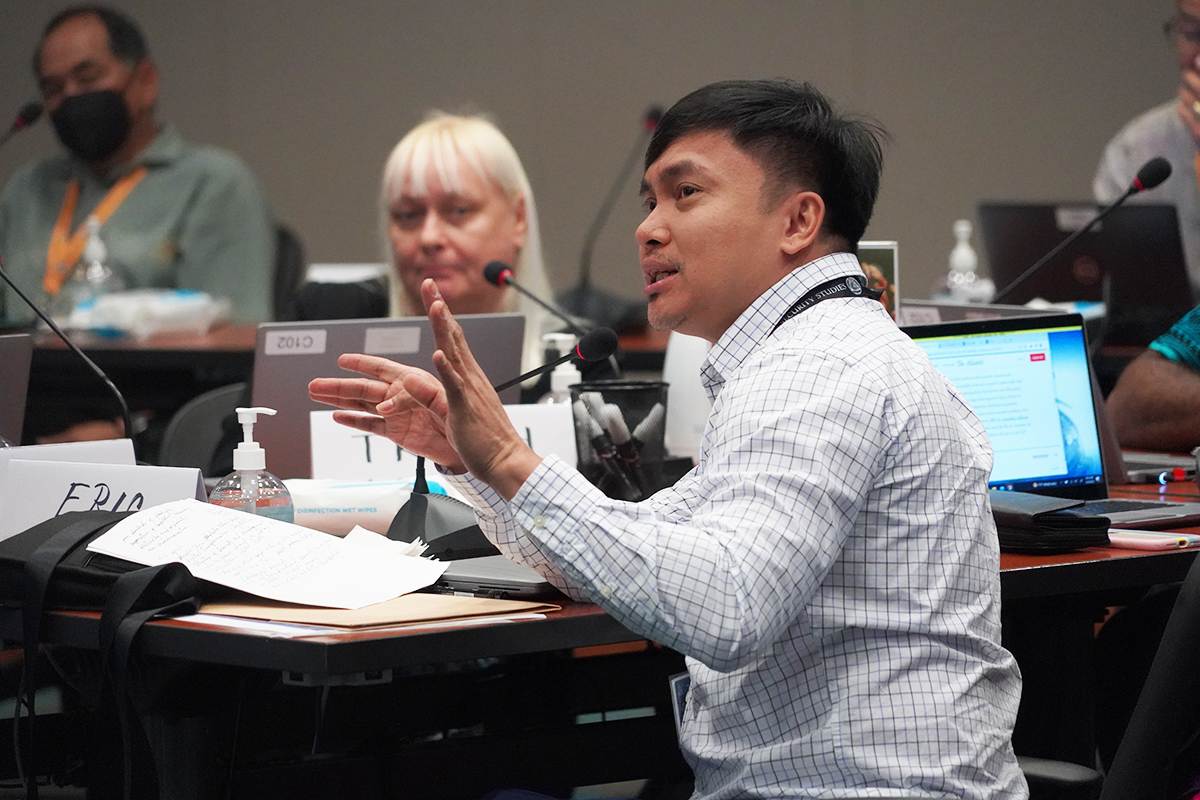

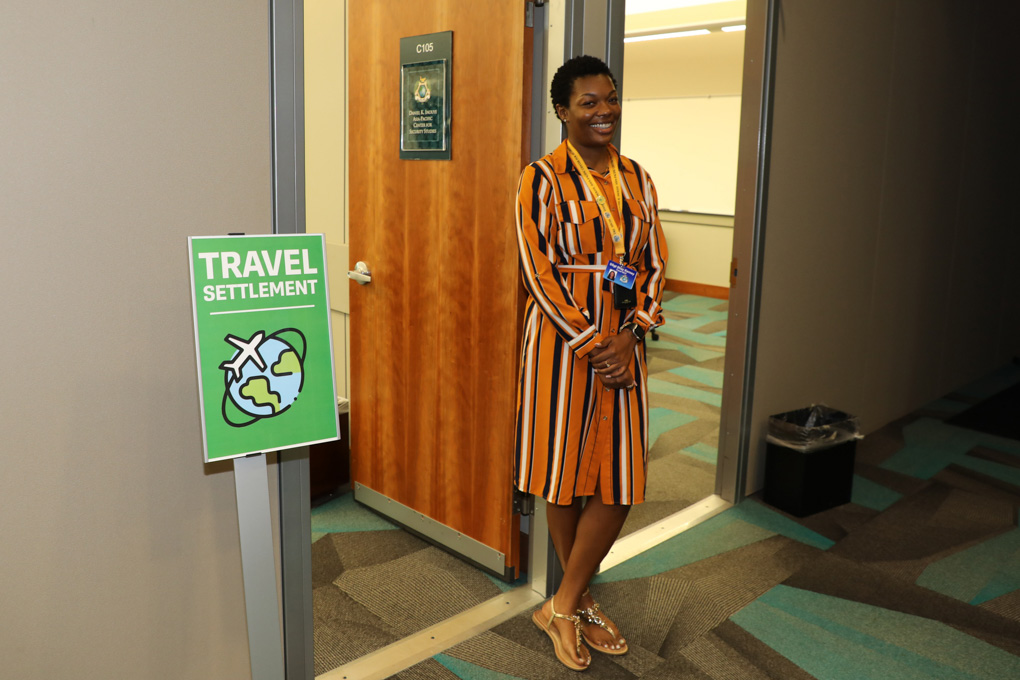
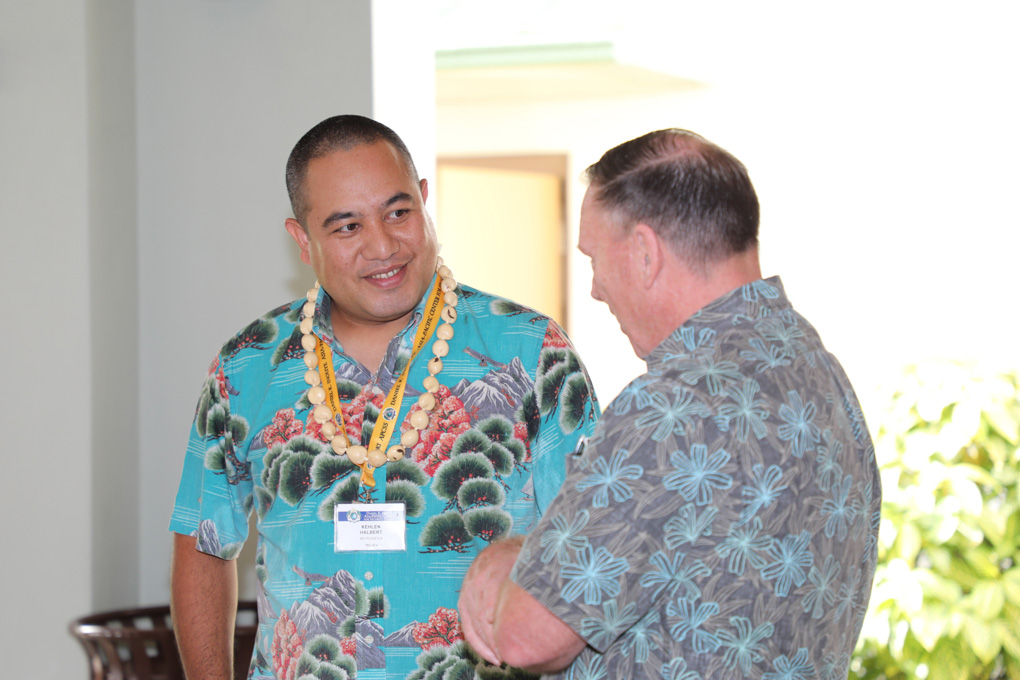
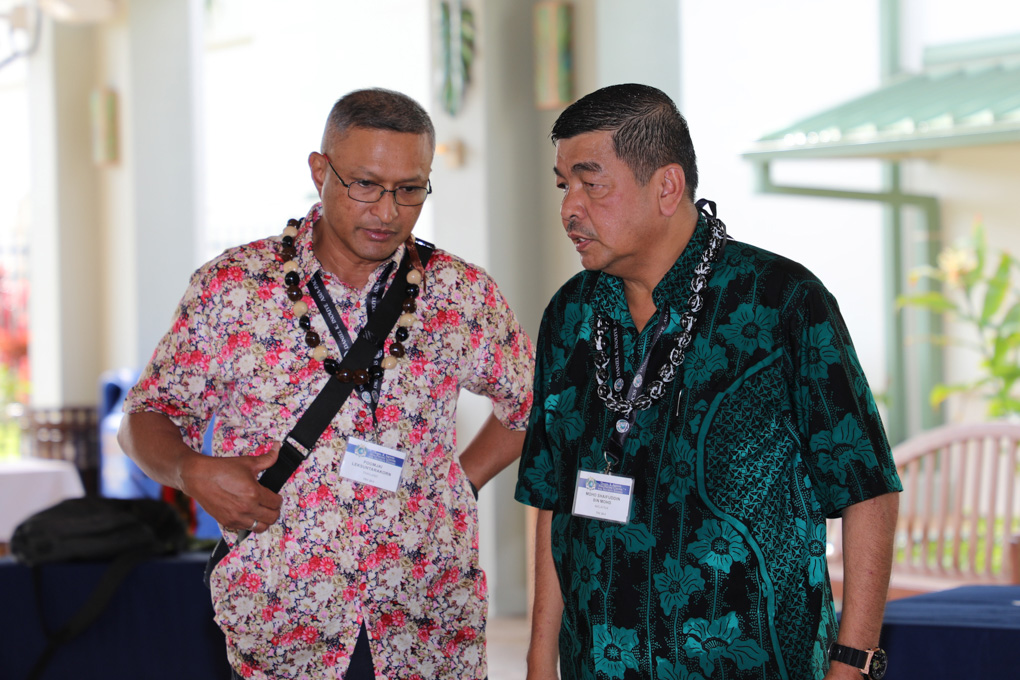

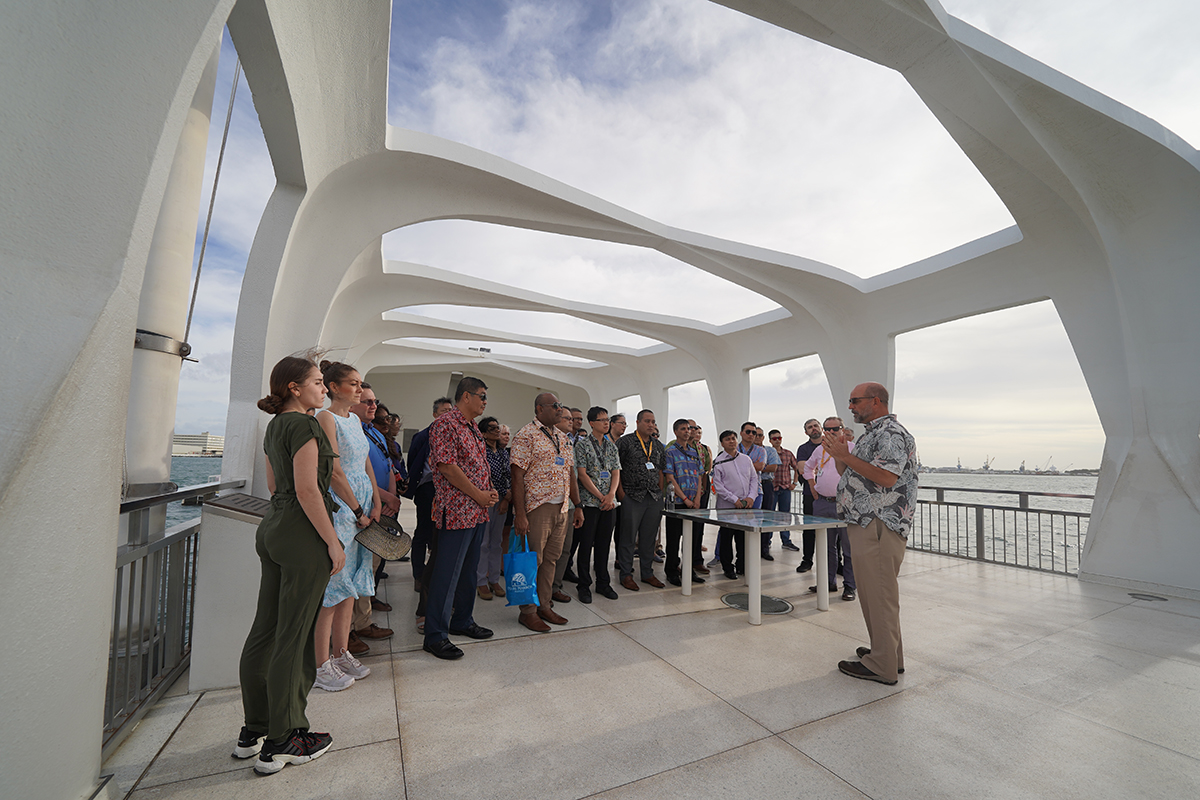
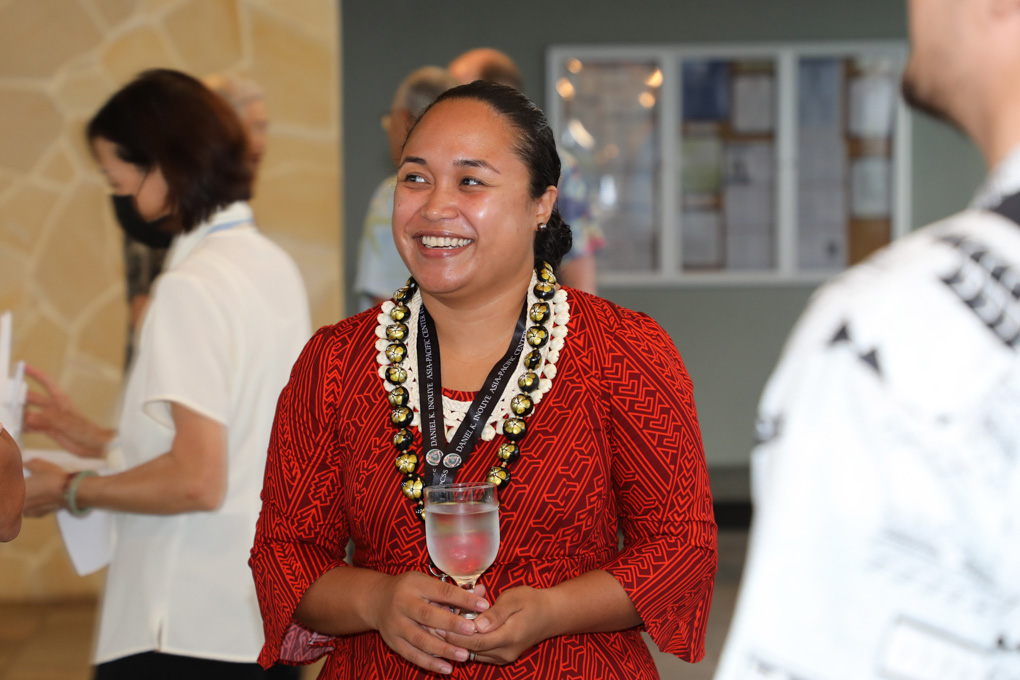


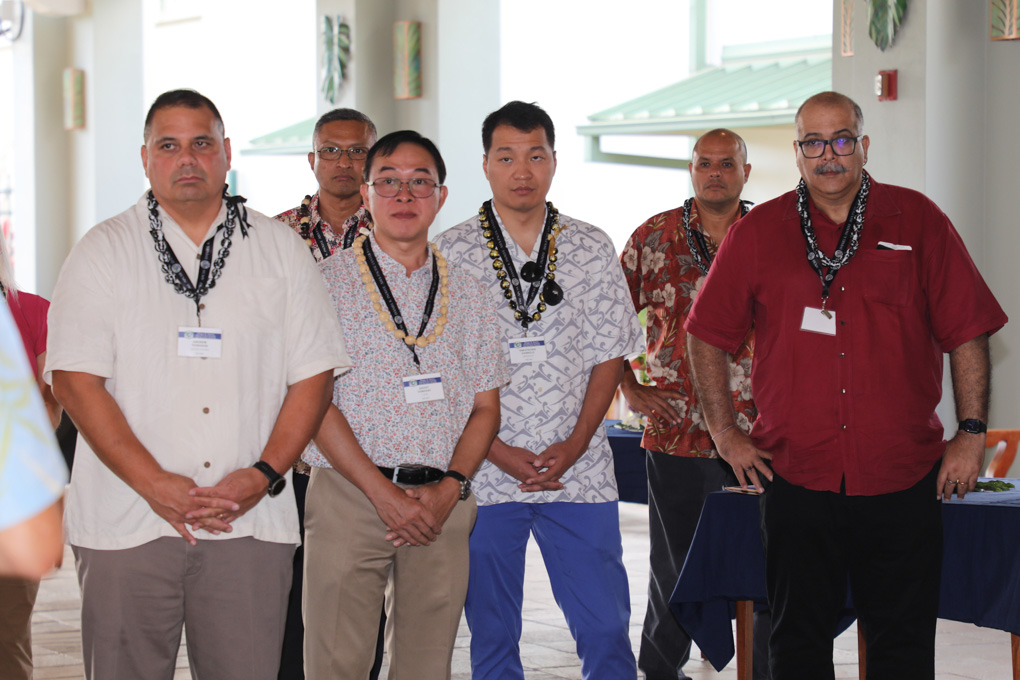
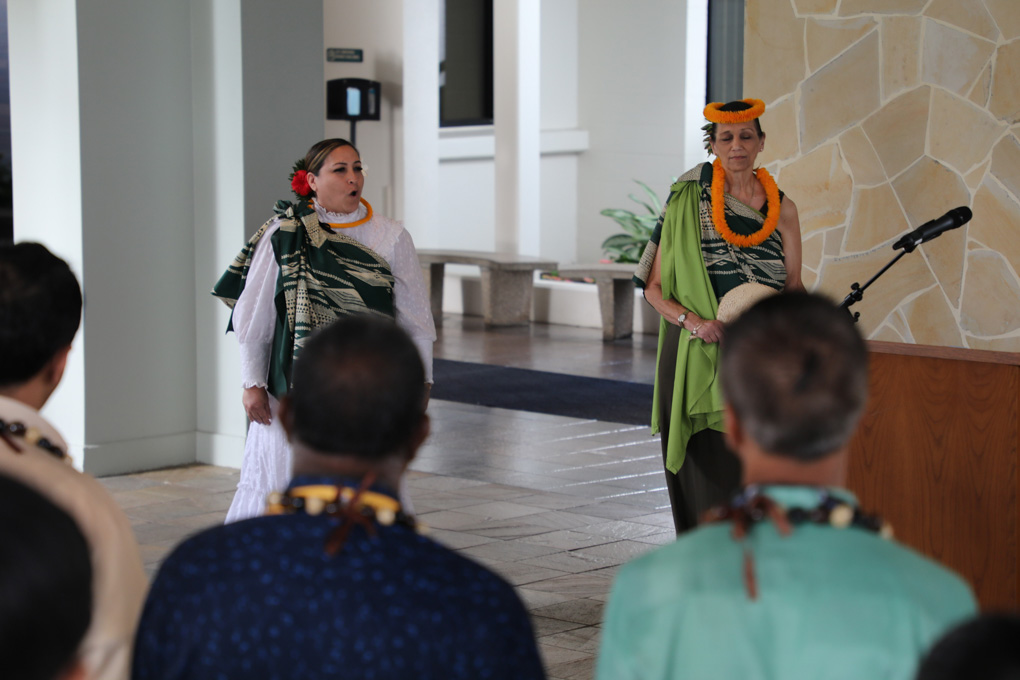
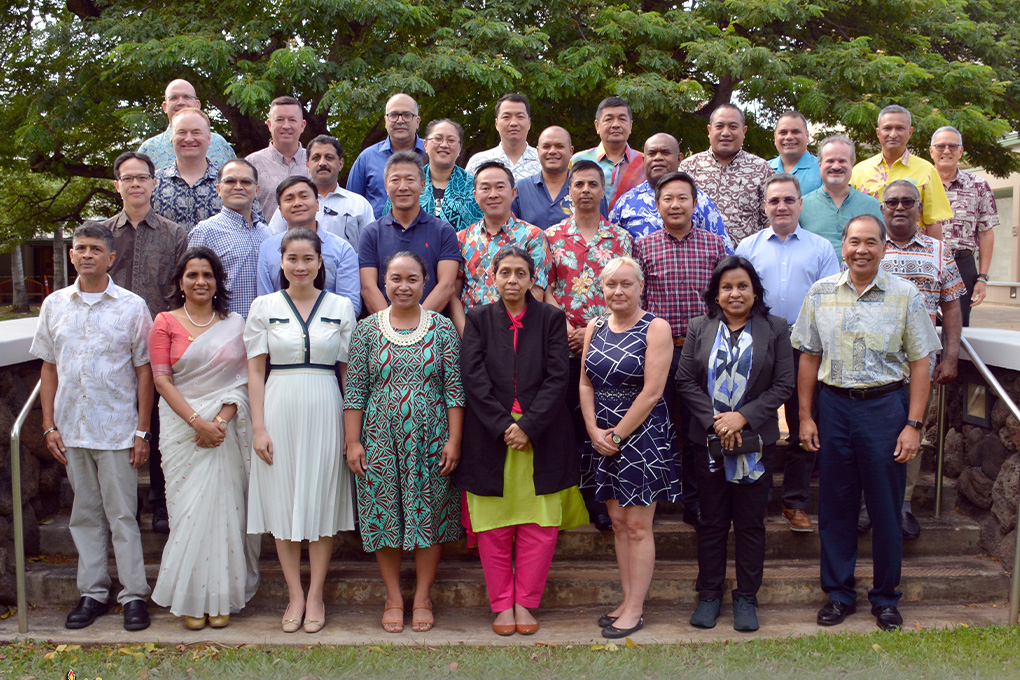
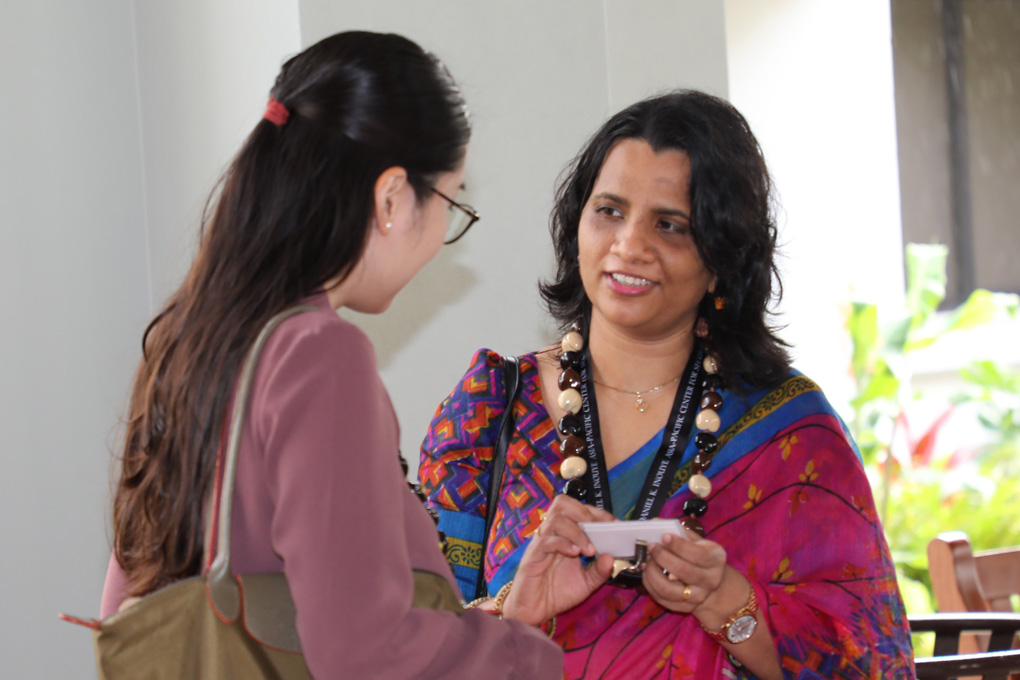
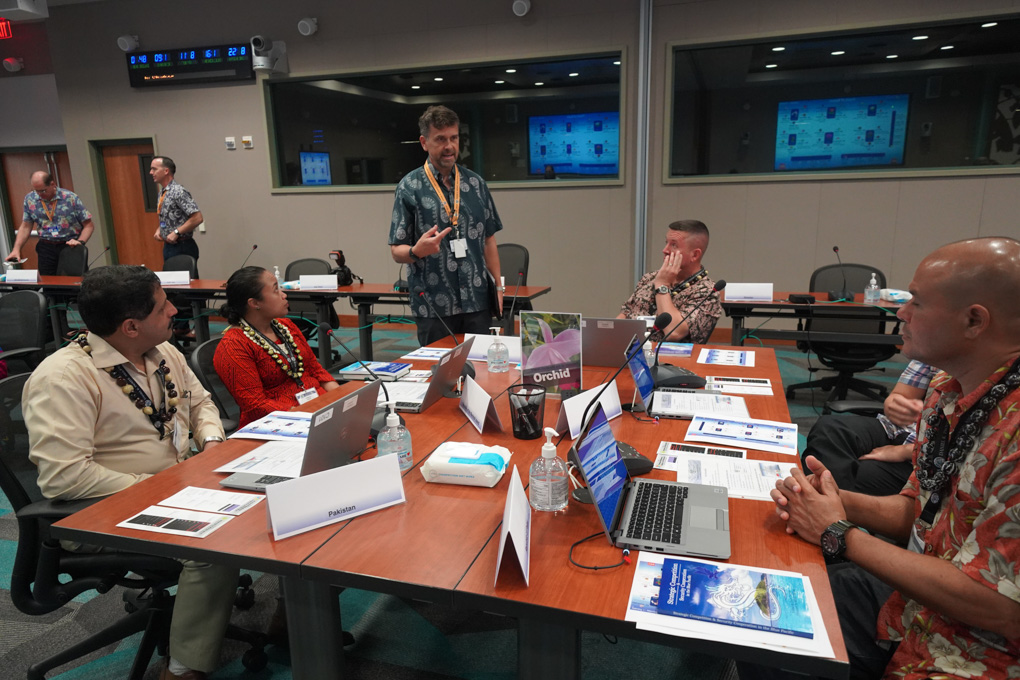
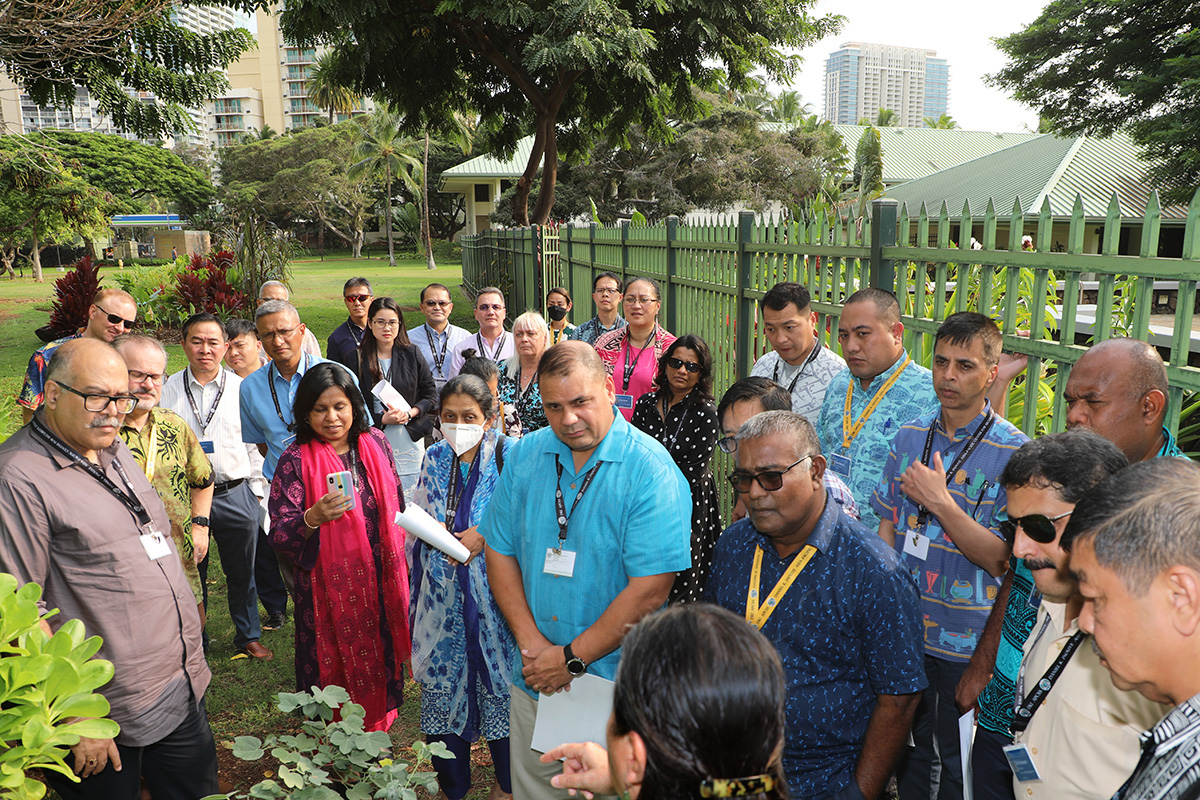
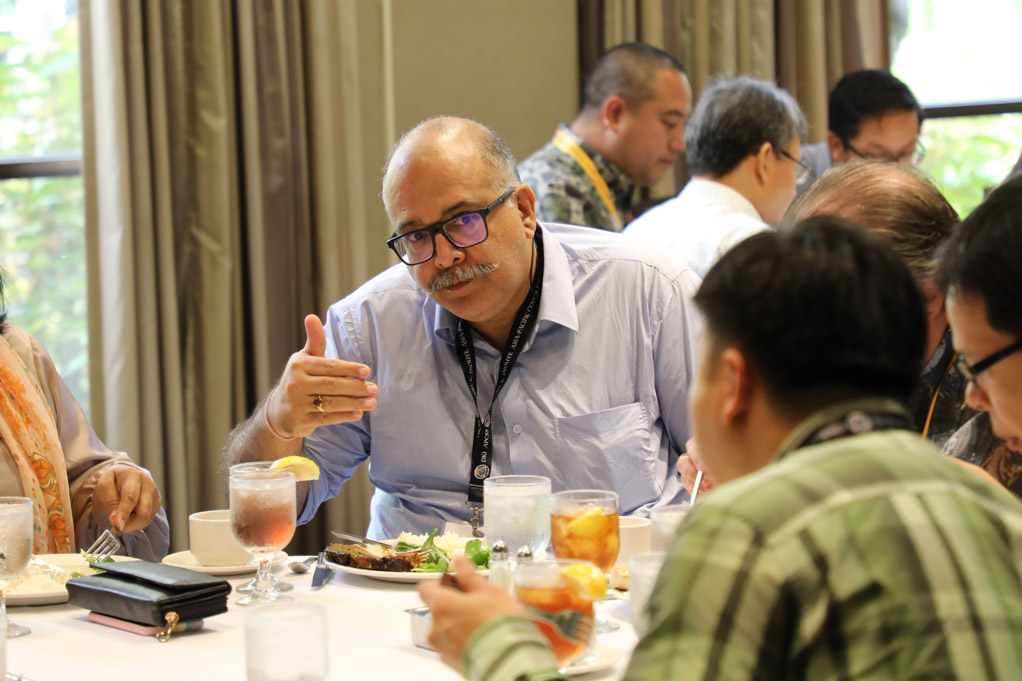
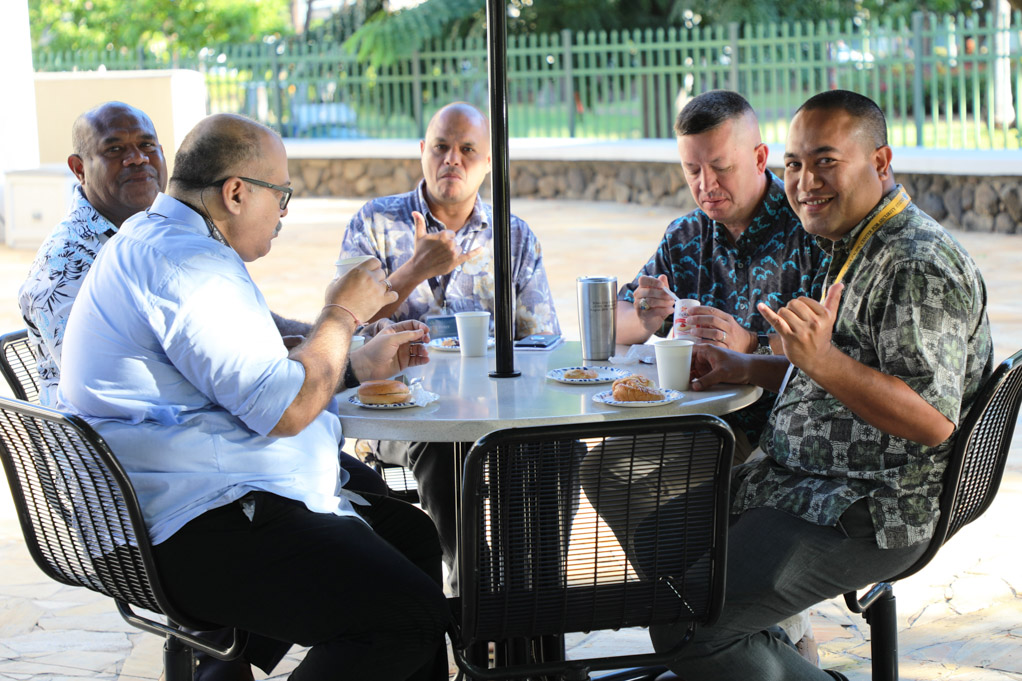
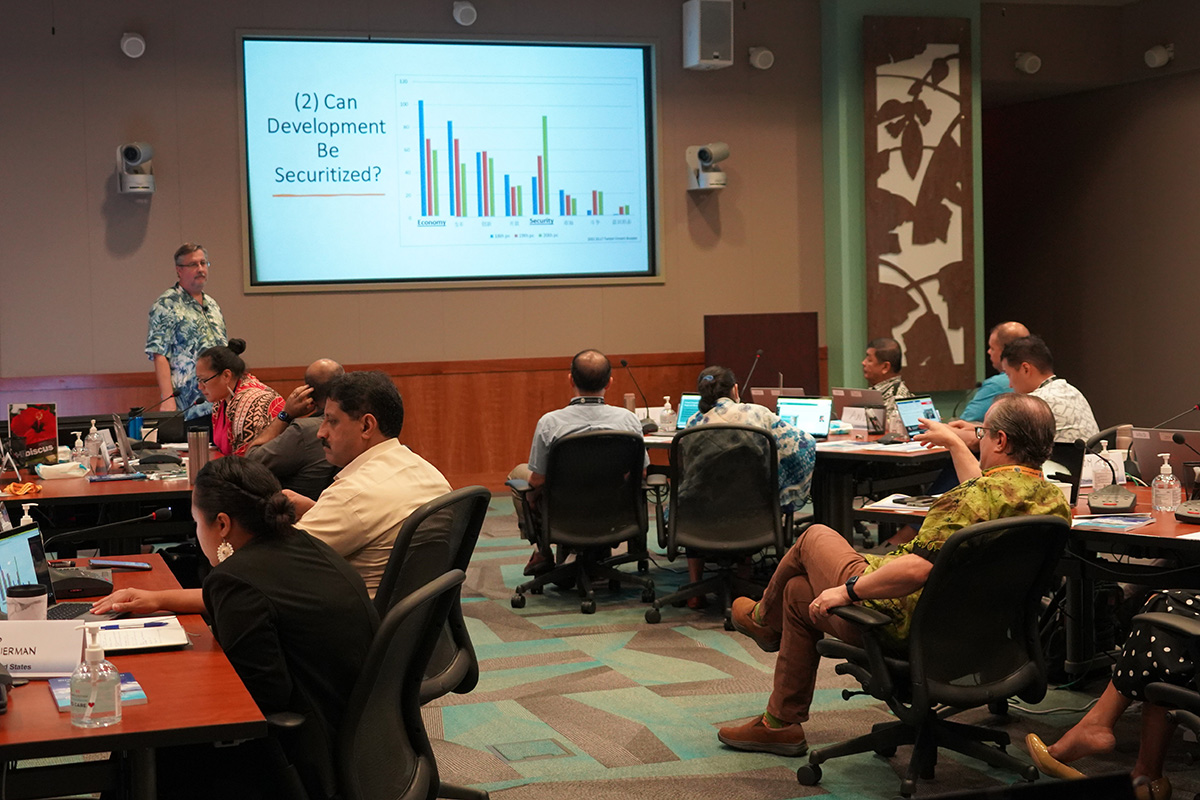
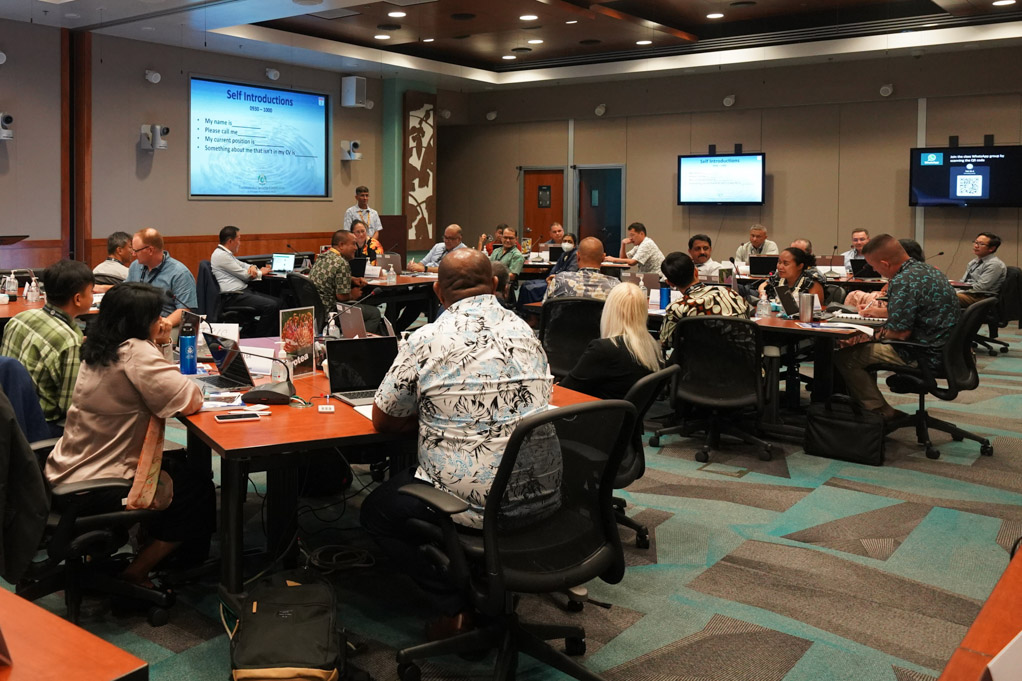
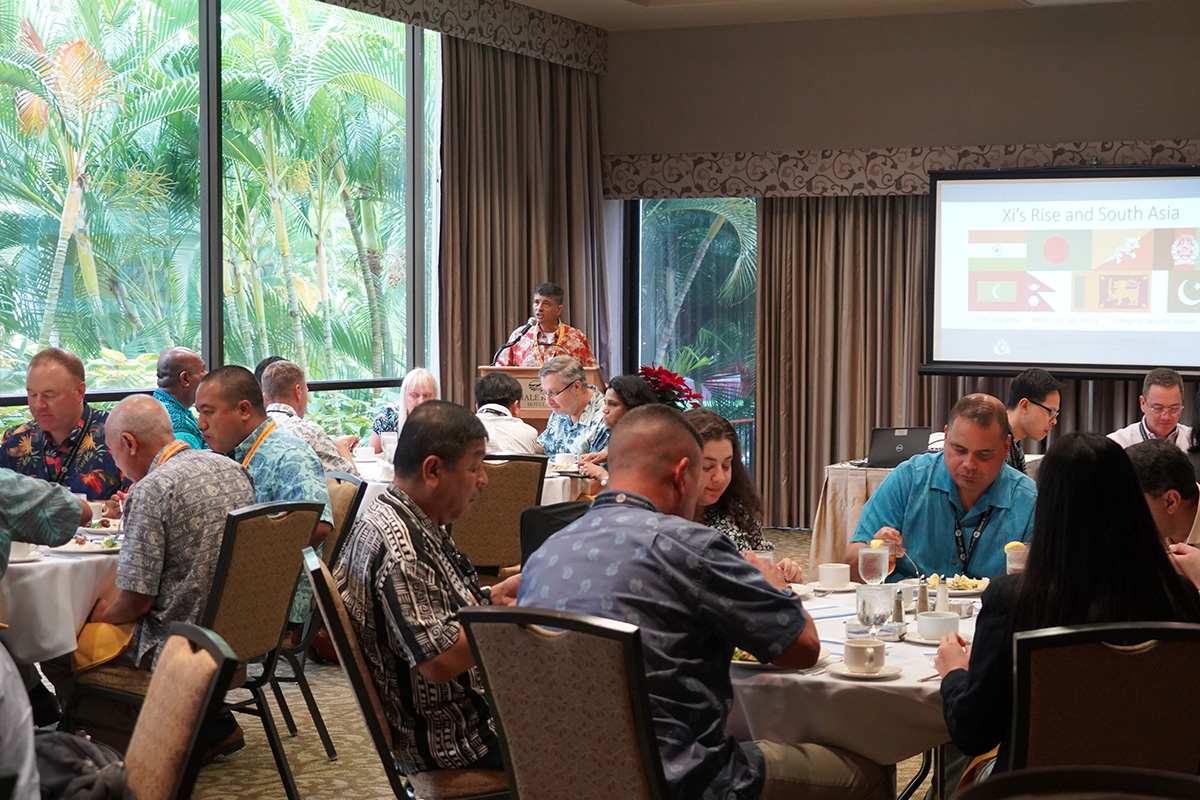
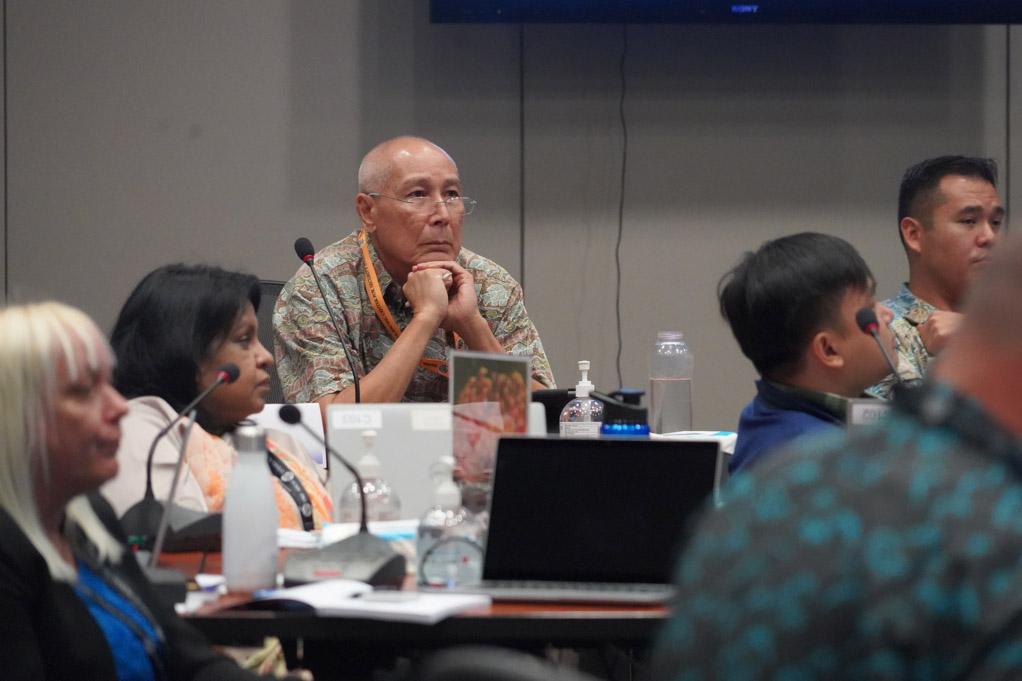
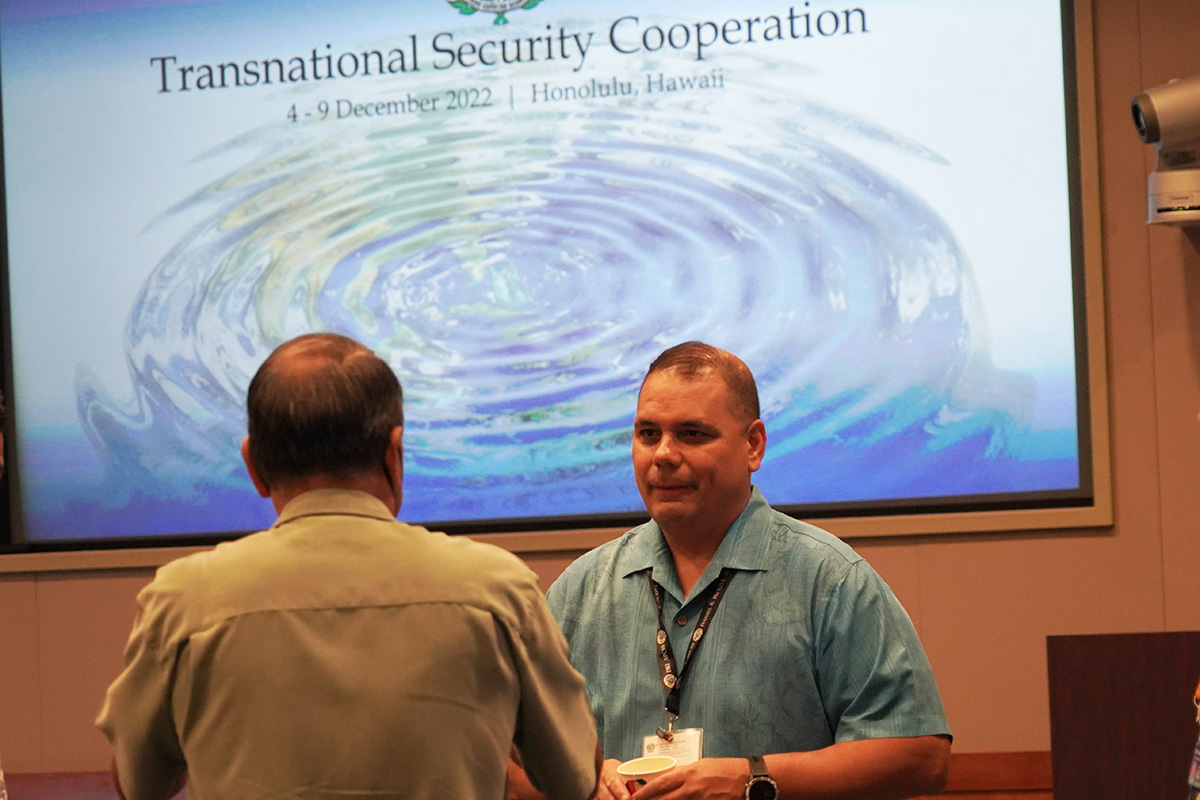
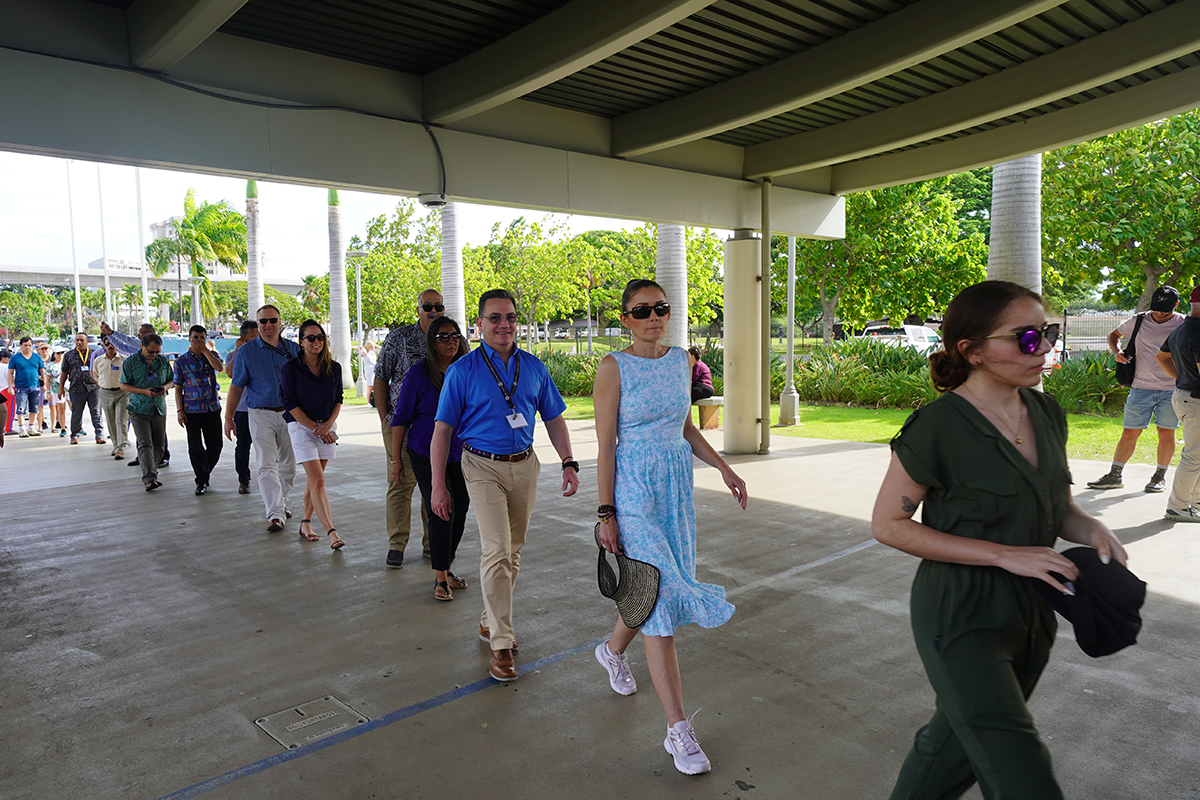

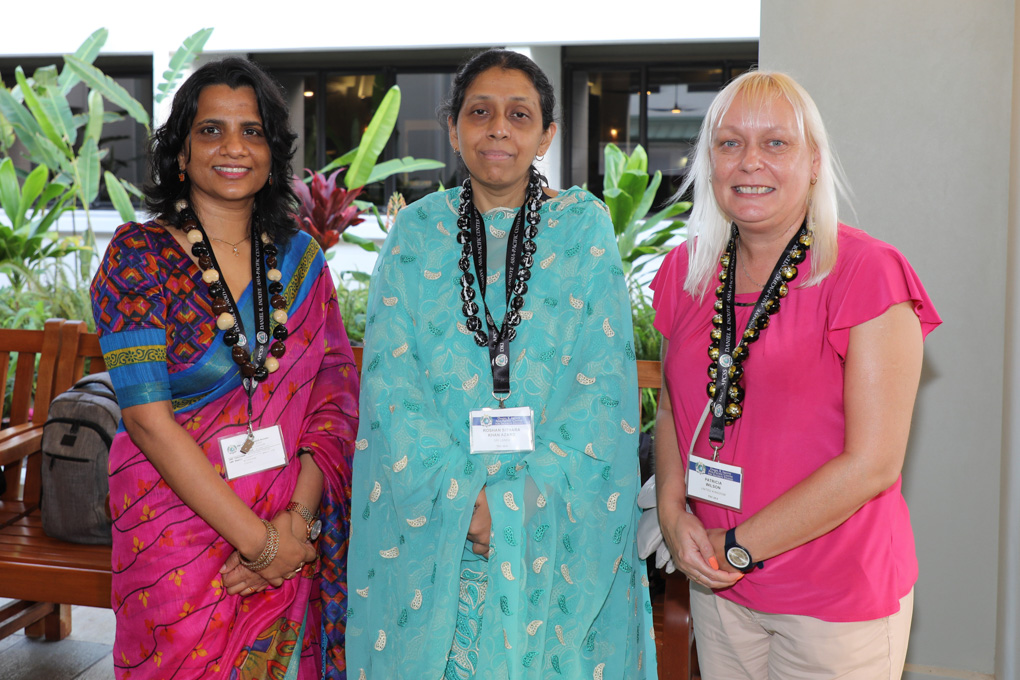


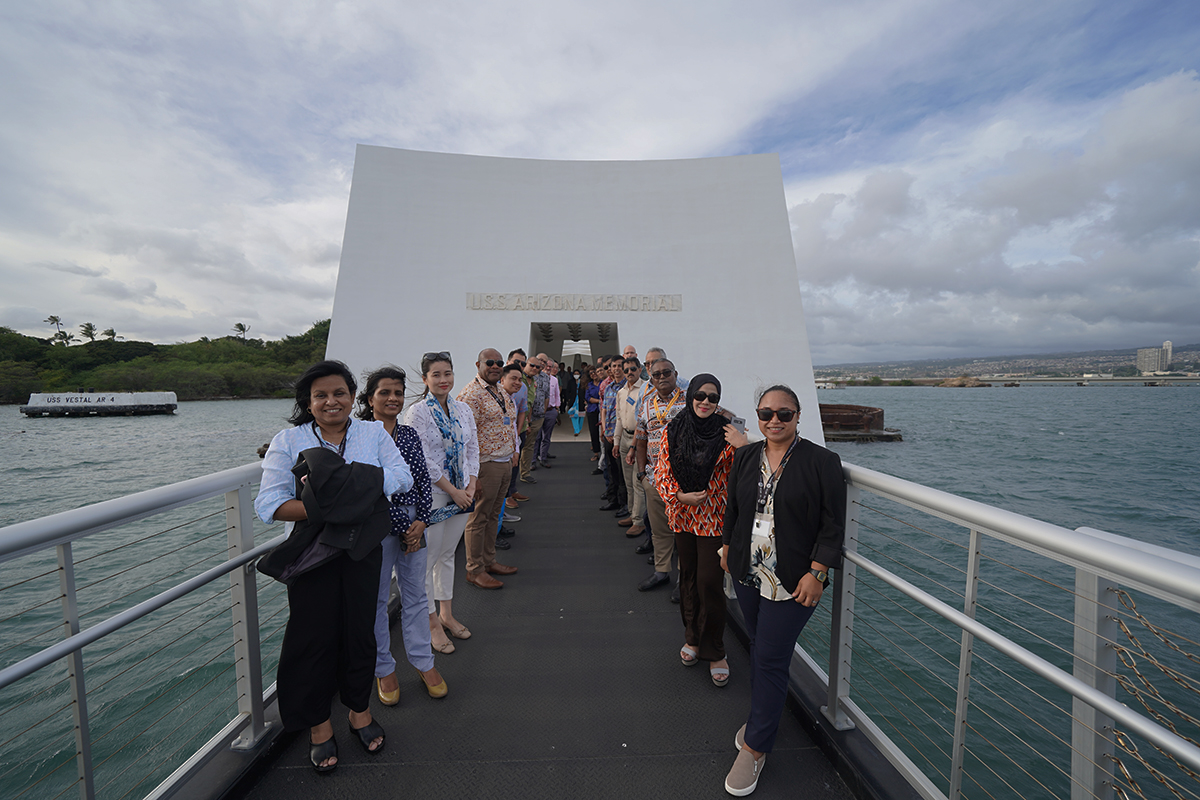
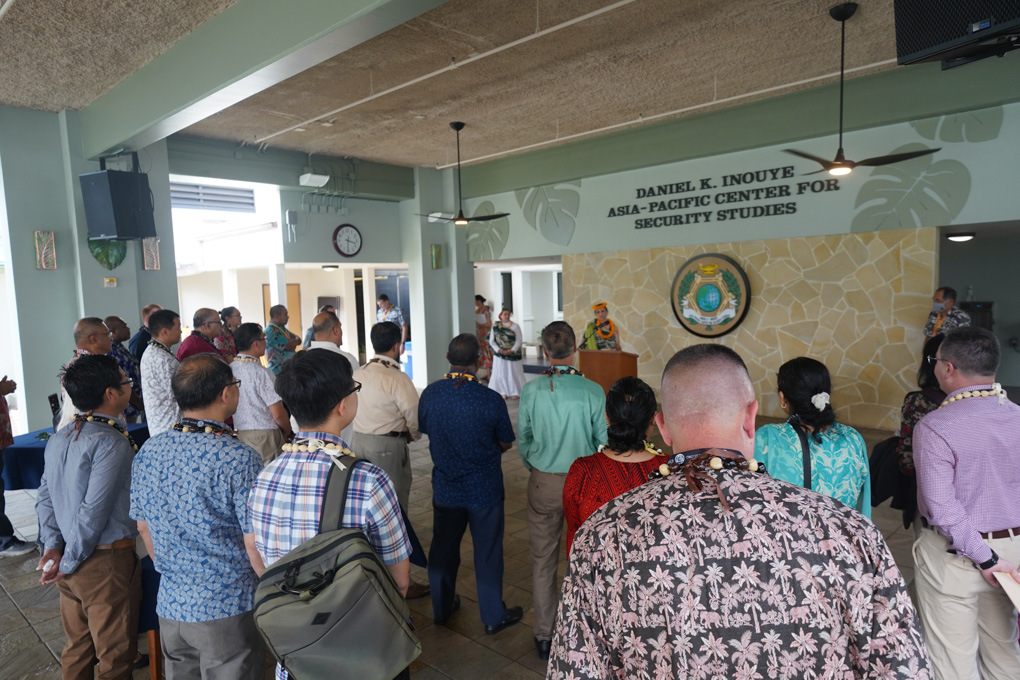
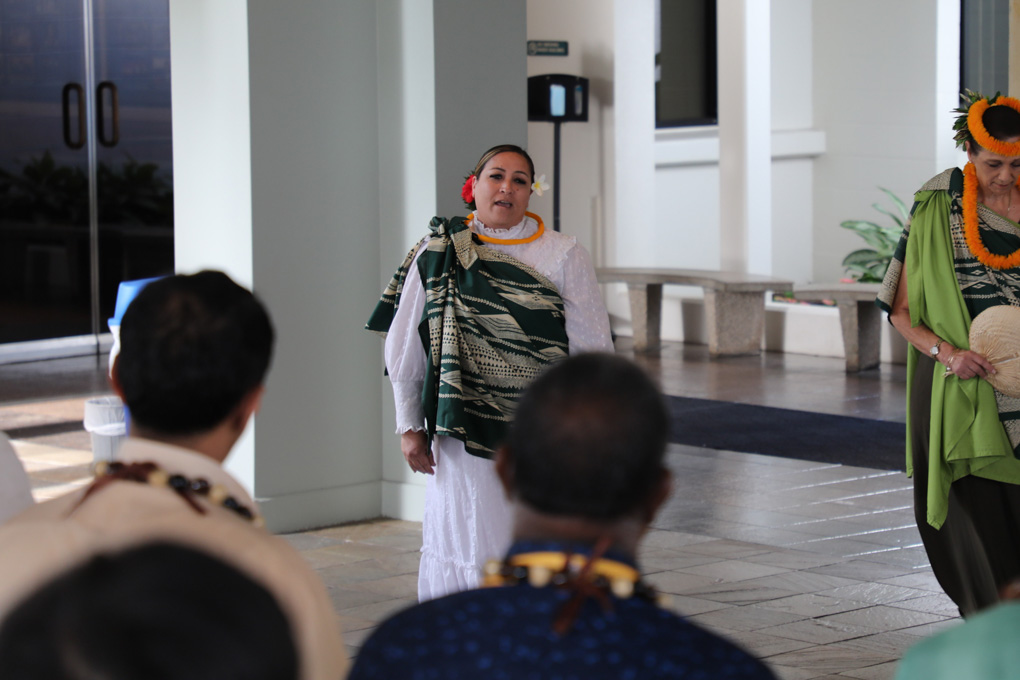
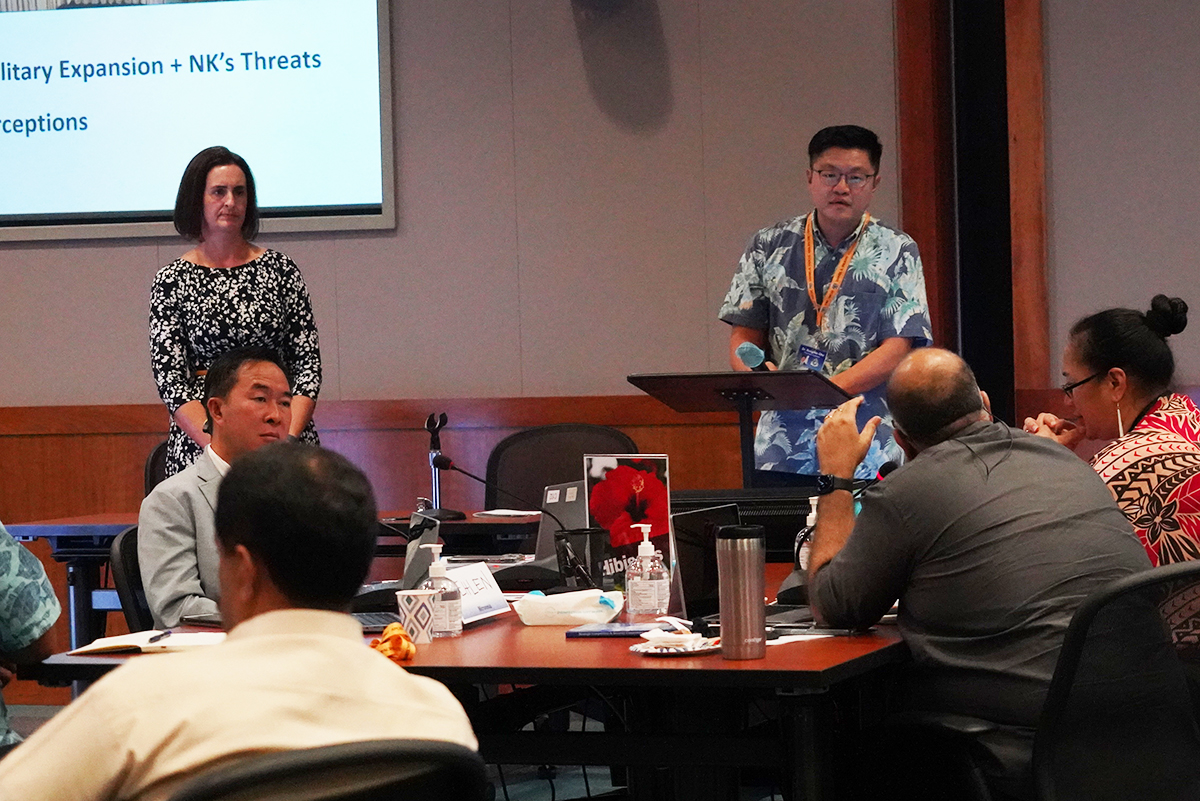
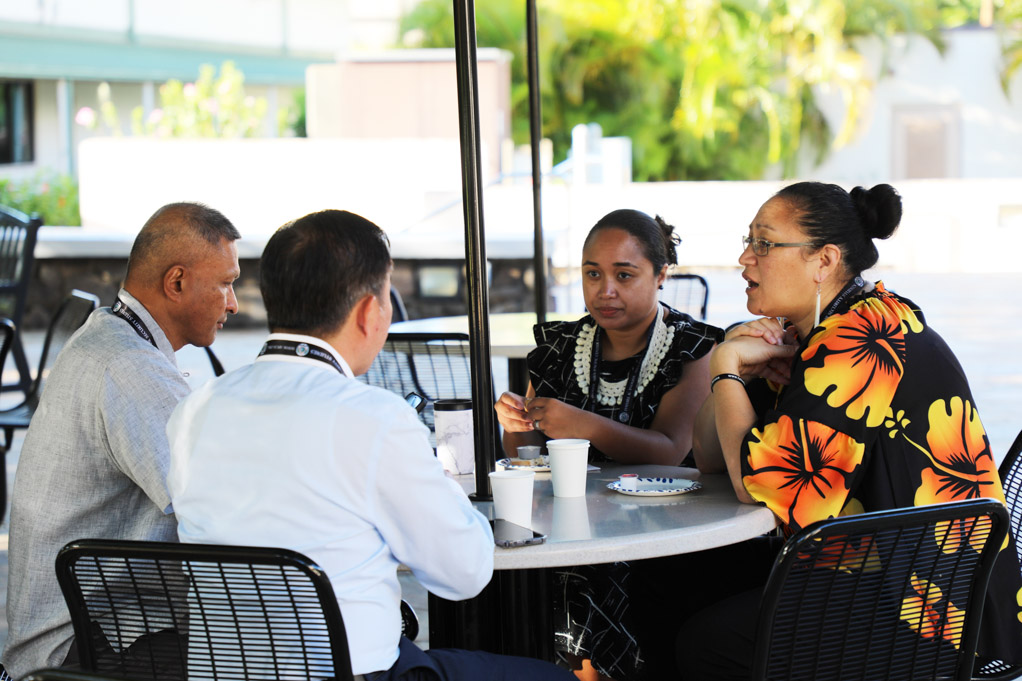
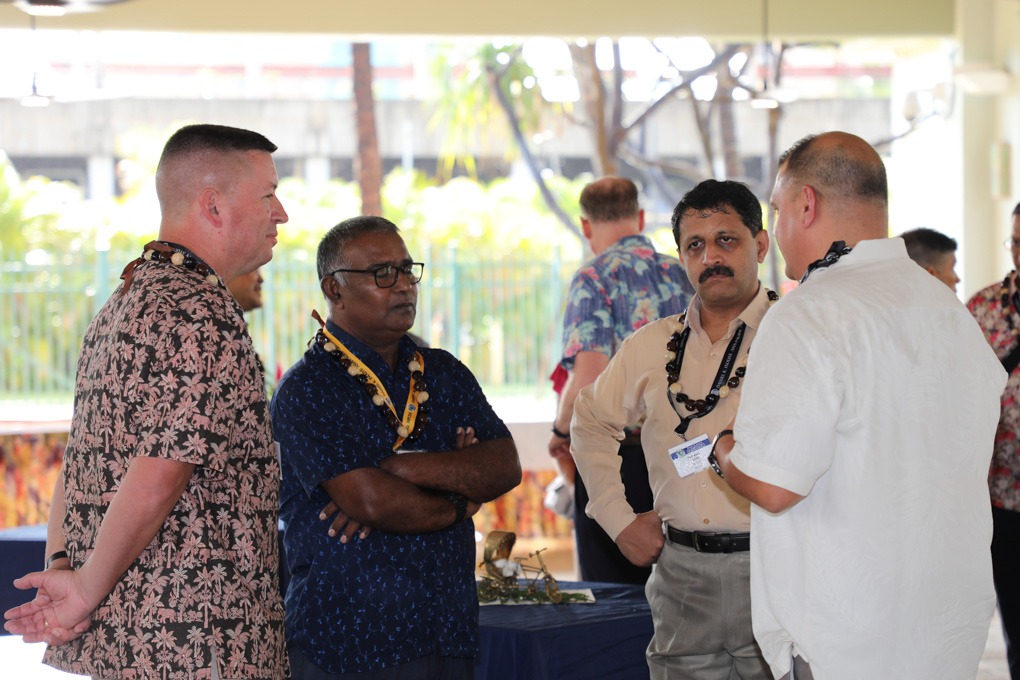
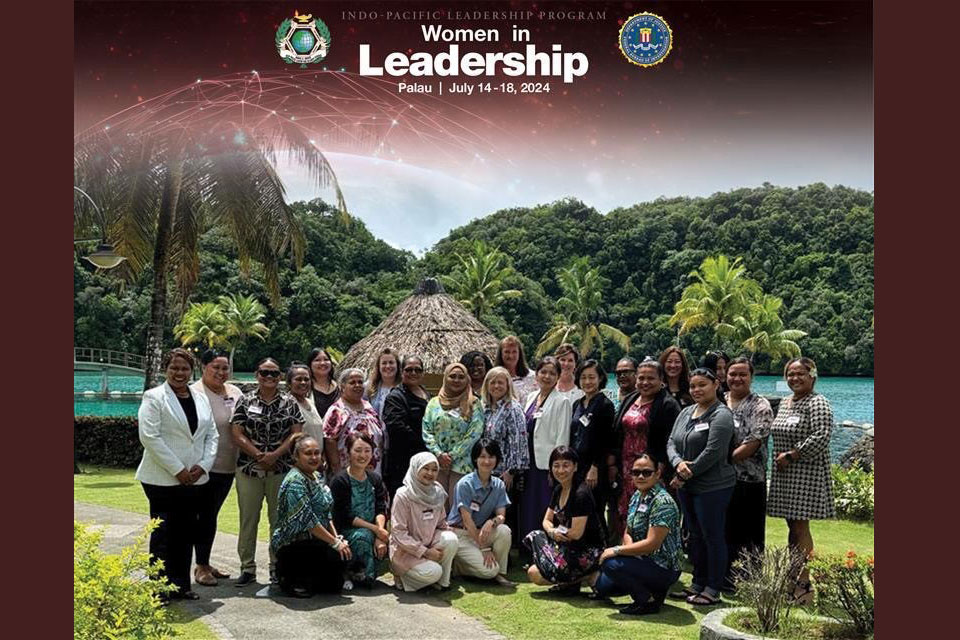
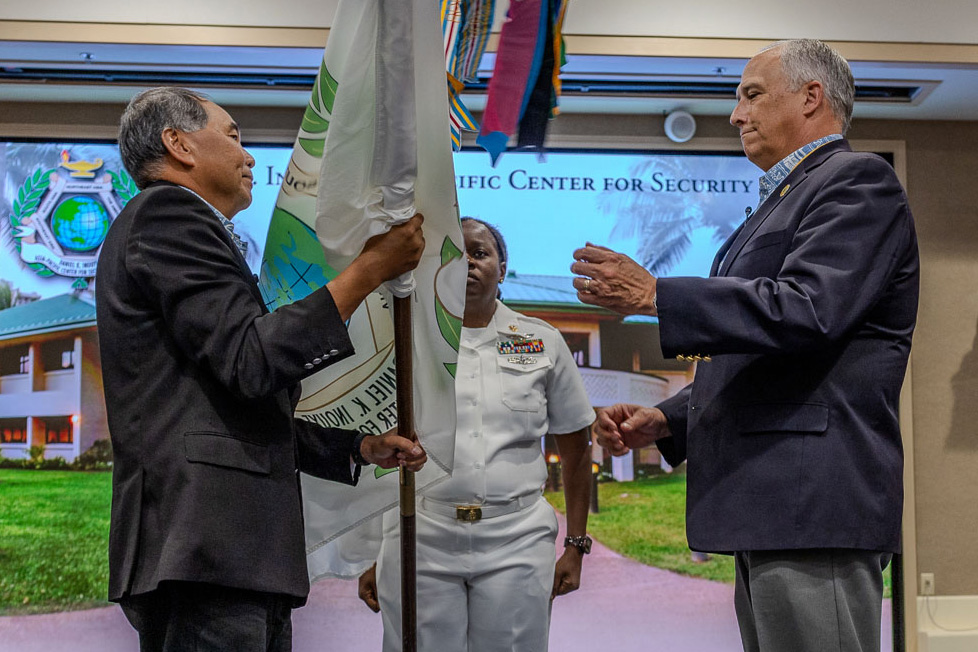
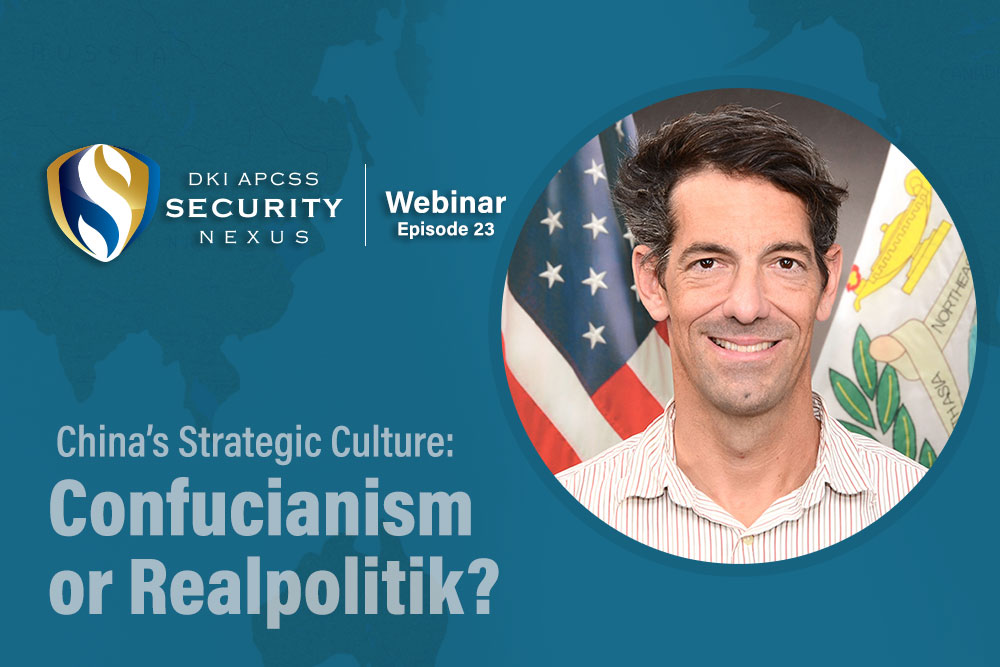




Leave A Comment